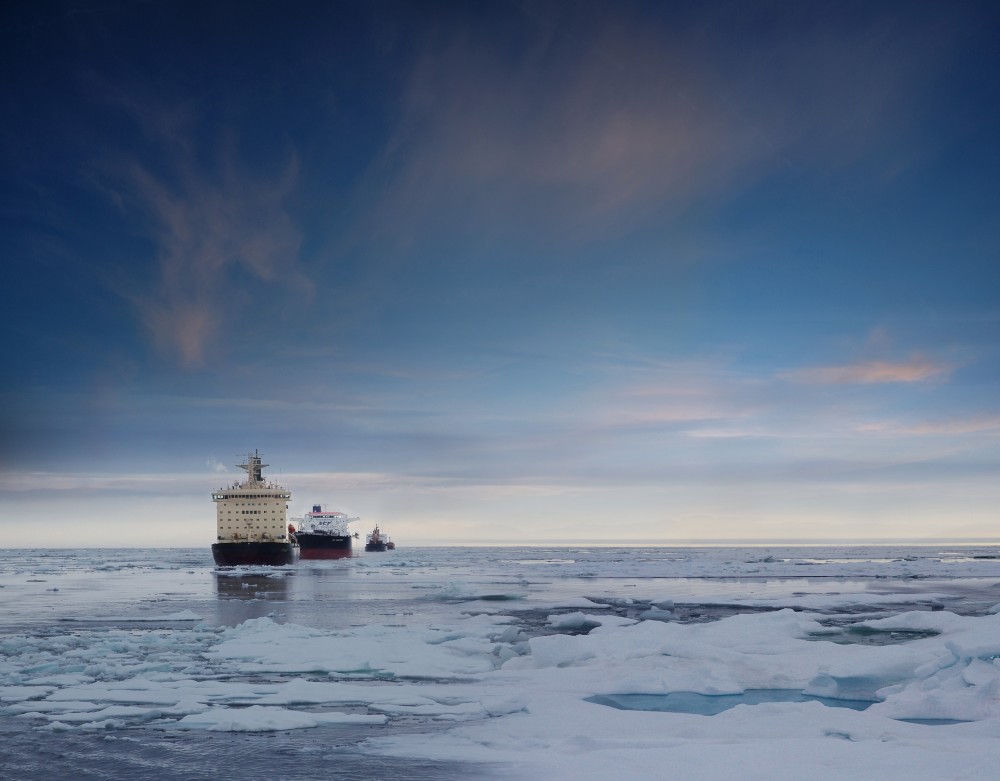Euro parliament continues push for Arctic HFO ban

The European Union should be prepared to take unilateral action to outlaw the use of highly polluting heavy fuel oils in the Arctic, the European Parliament reiterated Tuesday.
Earlier this year the parliament called on the European Commission, the EU’s executive arm, “to take all necessary measures” that would lead to a ban on the use and transport of HFO in vessels navigating Arctic waters.
Tuesday’s resolution echoes that call. As a specific recommendation for how to achieve the goal, it suggests prohibiting ships calling on EU ports prior to journeys through the Arctic from carrying HFO, either as their own fuel or as cargo.
HFO, is by far the most common fuel for ships traveling in the Arctic, but creates high levels of black carbon, or soot, when burned and, in the event of a spill, is more difficult to clean up than other forms of fuel.
For those reasons, an HFO ban is already in place in the Antarctic. Environmental groups were deeply disappointed when the same protections were not carried over into in the International Maritime Organization’s Polar Code, a set of rules governing shipping in Arctic and Antarctic waters that came into force this year.
Sian Prior, the lead adviser to the Clean Arctic Alliance, a lobby group working to outlaw HFO in the Arctic, said, “The quickest and easiest way to eliminate the risks associated with HFO in the Arctic is to prohibit its use and carriage, as has been done in Antarctica.”
The IMO, the UN body responsible for drawing up the Polar Code, will consider an Arctic HFO ban when it meets this spring. Should those discussions not lead to progress, the EU must work on its own to enact measures of its own, environment groups urge.
Faig Abbasov, of Transport & Environment, a conservancy, said: “Protection of this polar region from dirty shipping has long been ignored and can no longer be tolerated. EU member states should carry the message to the IMO that it’s time to rid the Arctic of the dirtiest of all fuels.”
HFO is cheaper than cleaner alternatives and accounts for more than three-quarters of all fuel used by ships traveling in the Arctic, according to the International Council on Clean Transportation, which works to reduce pollution and fuel consumption by all forms of motorized transport.
ICCT figures from 2015 also found that more than half of fuel transported through the Arctic as cargo was HFO.
In addition to the issues surrounding clean up difficulty and black carbon emissions, HFO releases sulphur oxides. Those emissions and soot are highly damaging to the environment and human health. Scientists also suspect them of making a significant contribution to global warming.